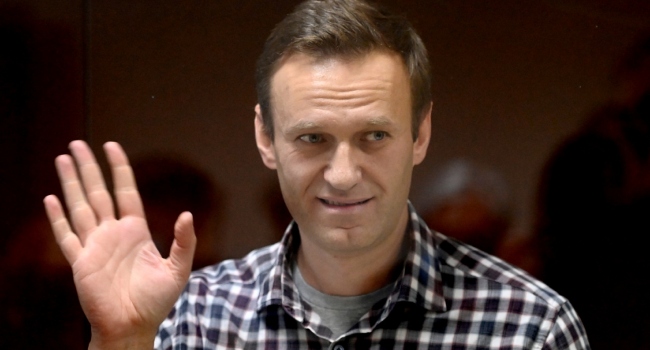Pope Francis called Friday for politicians to find solutions to reverse Italy’s declining birthrate, warning that young people faced a “Titanic effort” to start families in a precarious environment.
The 86-year-old pontiff opened the second day of a Rome conference involving politicians, business and social leaders focused on the dwindling number of babies born in Italy — a figure that experts warn will lead to the impoverishment of the nation.
For the first time last year, Italy’s births fell below the threshold of 400,000, at 393,000, according to Istat, the national statistics institute.
That compared to 713,499 deaths, in a population of around 58 million.
Francis, who received a standing ovation as he appeared onstage to address the conference alongside Prime Minister Giorgia Meloni, said that young people today “live in a social climate in which starting a family is turning into a Titanic effort”.
He cited the difficulty of trying to plan for the future amid low salaries and high rents in Italy, the eurozone’s third-largest economy, whose population is ageing and where many young people struggle to find stable full-time jobs.
“We need to prepare fertile ground for a new spring to blossom and leave this demographic winter behind us,” Francis said, calling for “forward-looking policies” to avoid Italy “(degenerating) into sadness”.
“Reviving the birthrate means repairing the forms of social exclusion that are affecting young people and their future,” he added.
‘World without babies’
“Have you ever imagined a world without babies?” was the provocative question used in publicity for the conference, organised by the Birthrate Foundation, a group with links to Catholic associations that advocate for families.
Despite the religious ties, conference speakers mostly steered clear of some of the more controversial issues related to Italy’s declining population, such as abortion, surrogacy and mass migration.
Speakers concentrated primarily on solutions including welfare, more childcare and tax relief.
Still, Agriculture Minister Francesco Lollobrigida, a key figure in Meloni’s far-right Brothers of Italy party, noted Thursday during the conference that the birthrate issue was of concern “because we want to safeguard the culture, languages of Italy”.
He denied it had anything “to do with race”, after coming under fire by the opposition last month for warning against Italy’s “ethnic replacement” by migrants.
Meloni, who won the largest share of the women’s vote in September elections but does not consider herself a feminist, has made mothers and families a central part of her discourse.
In her address Friday, she criticised what she called “the dominant culture” for making the topic of families almost taboo.
“We live in an era in which speaking about the birthrate, of maternity, of family has become even more difficult, sometimes it seems almost a revolutionary act,” said Meloni.
“We want it no longer to be scandalous to say that we are all born of a man and a woman, that it is not taboo to say that the birthrate is not for sale, that the uterus cannot be rented and children are not over-the-counter products that you can choose and then perhaps return,” she said.
Italy’s population was on the rise until 2014, when it began reversing.
On Thursday, Economy Minister Giancarlo Giorgetti warned that by 2042, Italy’s declining birthrate would end up reducing its gross domestic product (GDP) by 18 percent.




